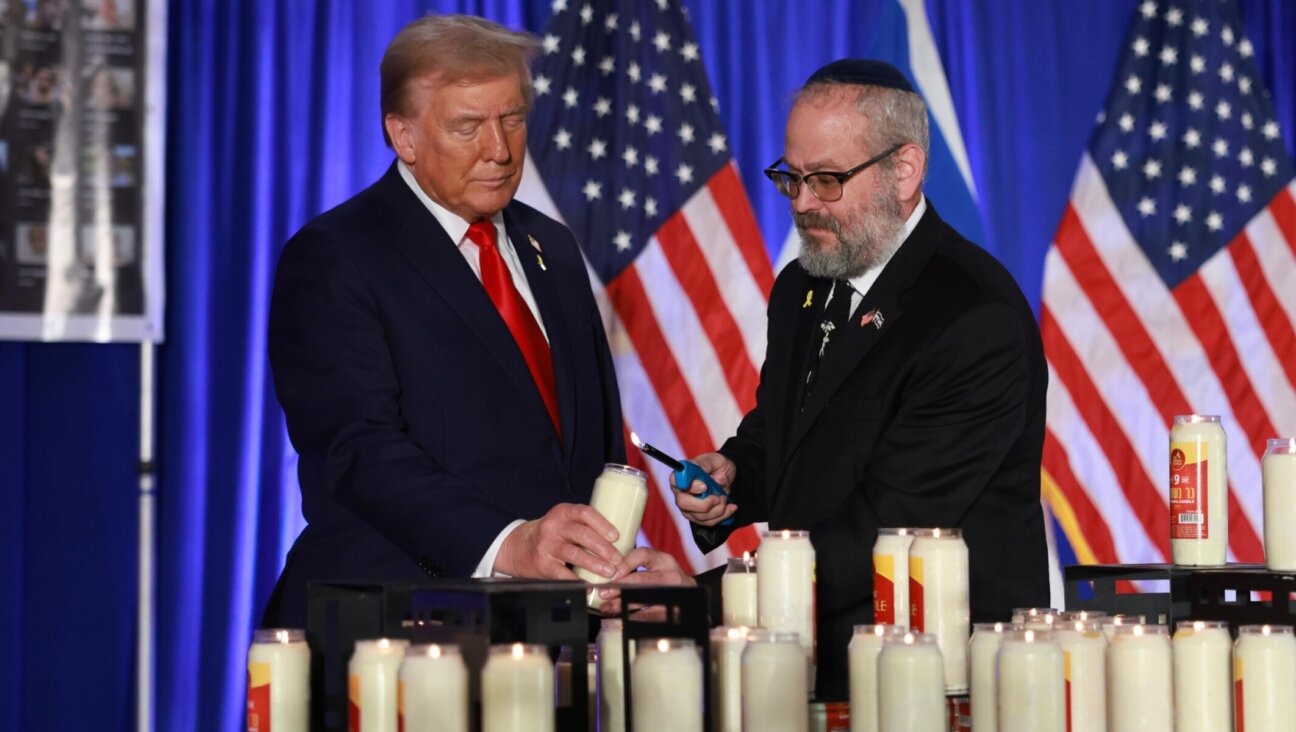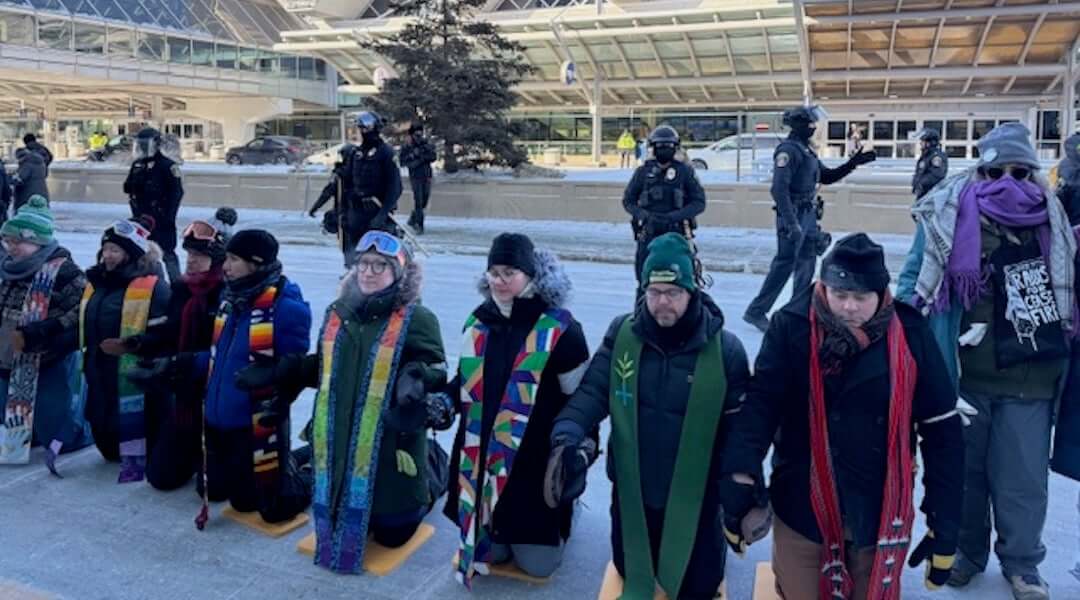Bibi Slams ‘Meaningless’ Statehood Bid

Image by getty images
A U.N. General Assembly vote on Thursday recognising a Palestinian state will do nothing to make it a reality, Israeli Prime Minister Benjamin Netanyahu said.
Israel had fiercely opposed the Palestinian bid to become a “non-member state” at the United Nations, but had been unable to prevent wide international support for the initiative, notably among its European allies.
“This is a meaningless resolution that won’t change anything on the ground. No Palestinian state will arise without an arrangement ensuring the security of Israeli citizens,” Netanyahu said in a statement issued by his office shortly before the U.N. vote was to be held.
Netanyahu accused the Palestinians of violating agreements with Israel by going to the U.N. unilaterally. “Israel will act accordingly,” Netanyahu said. “The way to peace between Jerusalem and Ramallah is through direct negotiations without preconditions, not unilateral decisions at the U.N.”
Peace talks collapsed in 2010 in a dispute over Jewish settlement building on territory Palestinians seek for a state.
The Israeli leader used unusually strong language to denounce a speech to the General Assembly by Palestinian President Mahmoud Abbas – who had singled out an Israeli offensive in Gaza last week in which at least 170 Palestinians were killed. Six Israelis died in rocket fire from Gaza.
Abbas’s comments were “hostile and poisonous”, and full of “false propaganda”, a statement released by Netanyahu’s office said. “These are not the words of a man who wants peace.”
Israel had mounted an intensive campaign, supported by the United States, to dissuade European governments from backing the Palestinian move in the 193-nation U.N. General Assembly, long sympathetic to the Palestinians.
The vote took place on a date burned into collective memory – the Assembly voted on Nov. 29, 1947 for Resolution 181 to partition British-ruled Palestine into two states, one Arab, one Jewish. Arab rulers rejected it and, after bitter fighting, Israel alone was recognised as a state six months later.
“No matter how many hands are raised against us,” Netanyahu said during a visit to a museum in Jerusalem ahead of the U.N. vote, “there is no power on earth that will cause me to compromise on Israel’s security.”
Israel, which has occupied the West Bank and East Jerusalem since 1967, says a Palestinian state must be the product of direct negotiations and a peace deal that imposes security measures and charts borders that pose no danger to Israelis.
PUNITIVE MEASURES?
Netanyahu, while hinting Israel may seek to retaliate, made no specific mention of punitive measures, in a shift in tone after eight days of fighting around the Gaza Strip.
Netanyahu is running for re-election in a Jan. 22 national ballot and has been accused by critics of harming Israel’s international standing through his Palestinian policies.
Israeli officials said Israel will wait and see what the Palestinians do after the vote, which will allow them access to the International Criminal Court where they could seek action against Israel for alleged war crimes.
The Palestinians have signalled they are no hurry to join the ICC, and pledged in their draft resolution to relaunch the peace process immediately after the vote. Recognition by the General Assembly falls short of the legal weight of a similar move by the U.N. Security Council. A U.S. veto on that body ensures that Palestinians have little immediate prospect there.
Just two weeks ago, Israeli Foreign Minister Avigdor Lieberman said the U.N. Assembly’s approval of the Palestinian resolution would “elicit an extreme response from us”.
Another member of Netanyahu’s right-wing cabinet, Environment Minister Gilad Erdan, said three years ago that Israeli counter-measures could include annexing some of the 120 settlements in the West Bank.
But in the past week, Israeli officials have retreated from such talk, retrenching after European countries, which had been largely supportive of Israel’s Nov. 14-21 Gaza offensive, started showing their backing for Abbas’s U.N. move.
Israel is now threatening only one measure: the withholding of $200 million from the monthly transfers of duties that Israel collects on the Palestinian Authority’s behalf. It says it will cover the PA’s debt to the Israel Electric Corporation.
The deduction, equal to two months’ worth of Palestinian tax receipts, would be painful for Abbas’s cash-strapped government in Ramallah. But it would stop short of a formal suspension of transfers vital to the economy in the occupied West Bank.
Israel has previously frozen payments to the PA during times of heightened security and diplomatic tensions, provoking strong international criticism, such as when the U.N. cultural body UNESCO granted the Palestinians full membership a year ago.
















